Resumen
On the fifth anniversary of the devastation caused by Hurricane María, Puerto Rico woke up with a new catastrophe whose dimension remains to be seen after Hurricane Fiona landfall.
In the mountains, river overflows, landslides, and road sinkholes were the reason for most of the calls for help. In some cases, the response came from the government and in others, from relatives, friends, or neighbors who, desperate, decided to act due to the imminent life risks they saw.
The rain accumulation up in the mountains produced an extraordinary current that caused many rivers to overflow, but also caused rivers and reservoirs to overflow, and on their way to the ocean, flooded residential and commercial areas in several municipalities.
Follow CPI coverage of the socio-environmental disaster and the oversight of the recovery process here.
Historias en la serie
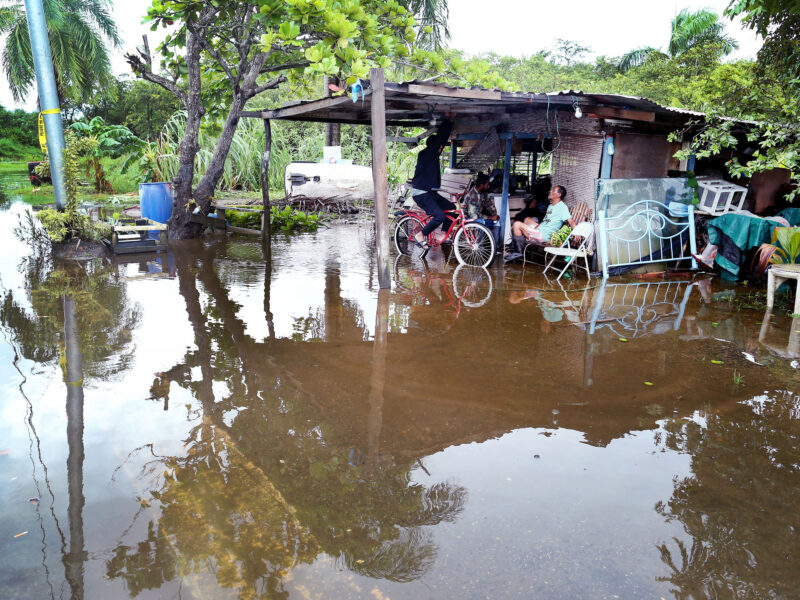
Hurricane Fiona: A Blow to Puerto Ricans’ Open Wound
September 20, 2022
On the fifth anniversary of the devastation caused by Hurricane María, Puerto Rico woke up Monday with a new catastrophe whose dimension remains to be seen as there are still bands of rain expected from Hurricane Fiona.
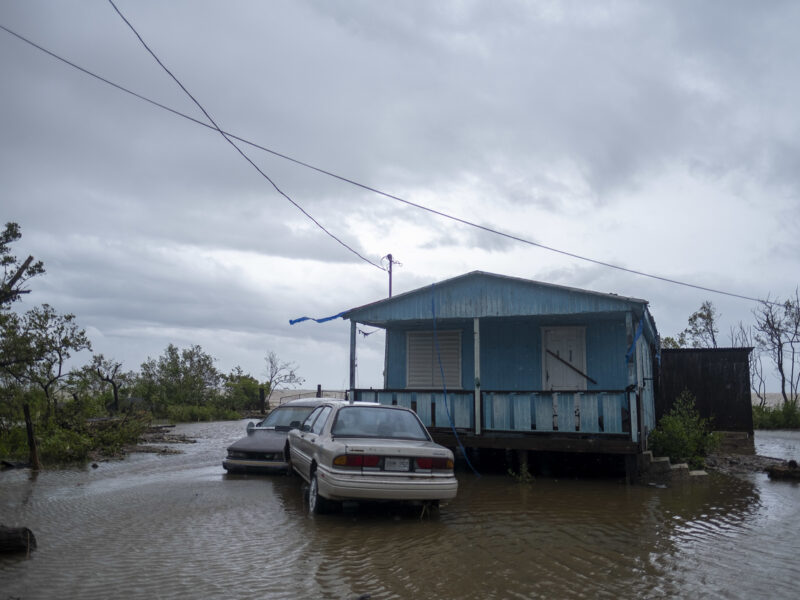
Clogged Irrigation Channels and Mangrove Deforestation Aggravated Extreme Flooding in Puerto Rico
September 20, 2022
Clogged irrigation channels and the increase in mangrove deforestation in recent years were factors that worsened the effects of the up to 25 inches of rain that Hurricane Fiona dropped on Salinas this Sunday and caused the evacuation of more than 426 people.

[FACT CHECK] Secretary of Health Carlos Mellado: “You must remember that those hospitals are private.”
September 23, 2022
The DS is responsible for licensing, inspecting and supervising all hospitals, ensuring that their physical plant meets the safety standards required by Act 101 on Health Facilities and the Health Secretary’s Regulations for the Construction, Operation, Maintenance and Licensing of Hospitals in Puerto Rico.

Inmates Claim Conditions in Prisons are Deplorable After Hurricane Fiona, No Water and Energy
September 24, 2022
Although the Department of Corrections and Rehabilitation institutions have water tanks, sometimes they are either empty or the pumps don’t work because of a lack of pressure. Inmates spend almost 24 hours in their cells with the smell of excrement because they cannot flush the toilet.
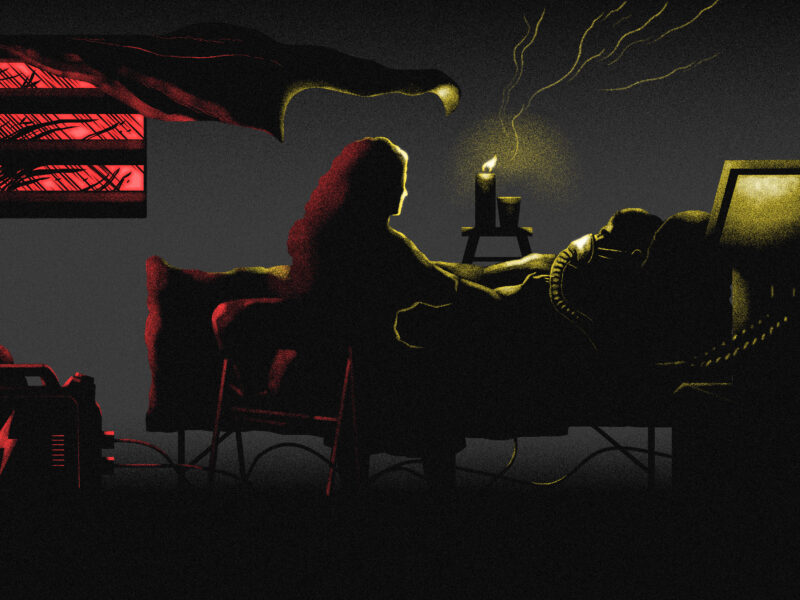
Puerto Rico Health Dept. Repeats Hurricane Maria’s Mistakes During Fiona with Patients Who Depend on Electricity
September 25, 2022
The day before Hurricane Fiona made landfall, Petra Rodríguez tried to turn on the power generator she had just bought, but it arrived damaged. She needed electricity to power the electric pump with which she feeds her 93-year-old mother, who is bedridden, and to operate the adjustable bed and inflatable mattress, which keep her from getting ulcers. Rodríguez (a fictitious name to protect her identity) recalled that she had received days before an announcement about a registry of people with special needs from the Municipality of San Juan in her mailbox. The woman registered her mother in the program that proactively offered her shelter and medical staff, before the disaster. On Sunday, September 18, when Hurricane Fiona caused a general blackout in Puerto Rico, the shelter she went to immediately turned on the power plant and her mother was able to operate her medical equipment.
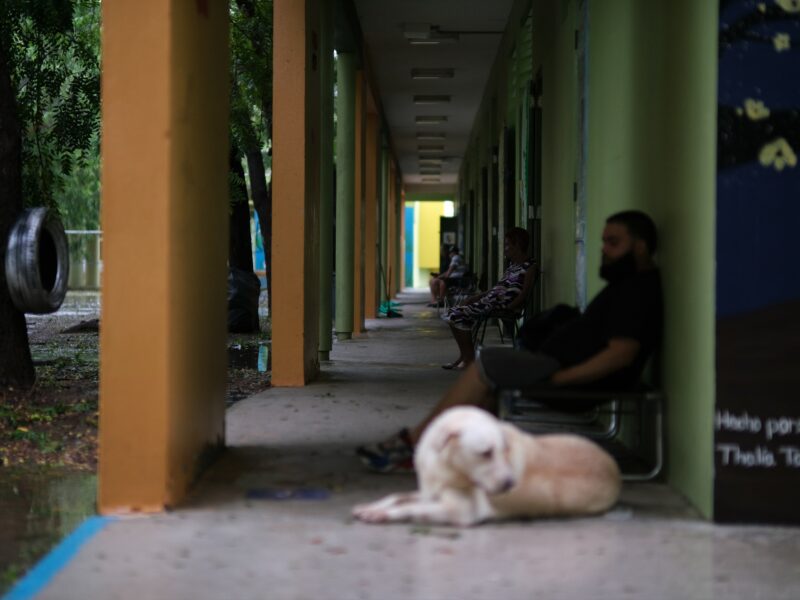
Hurricane Shelters Without Water and Electricity Don’t Comply With the Law
September 27, 2022
Hurricane Fiona’s first gusts were barely blowing when dozens of mayors had to improvise solutions. When they arrived at the locations that the government of Puerto Rico certified as shelters, they found they had no water tanks or power generators. At that time, a copy of Act 88 sat on a desk.
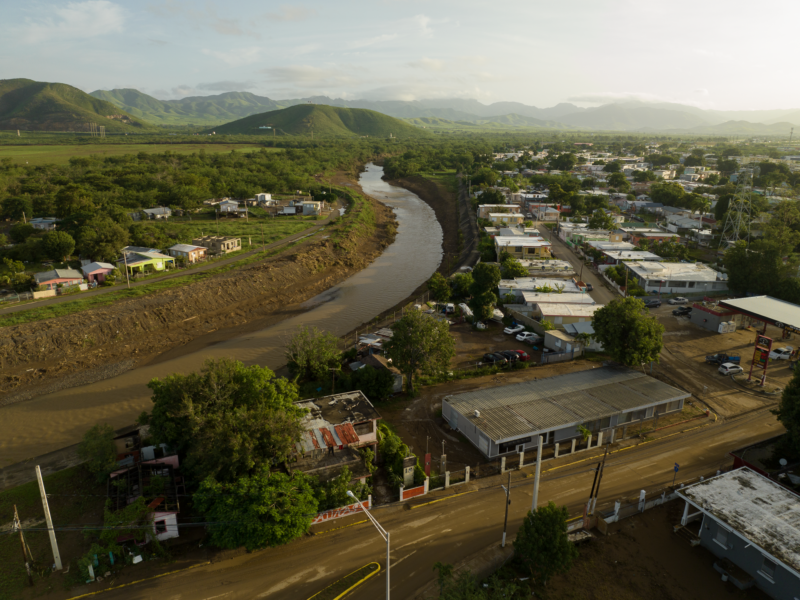
No Solutions to Prevent Blockages in Irrigation Channels During Severe Floods in Puerto Rico
September 29, 2022
Communities around the irrigation channels, whose conditions worsened due to the flooding caused by Hurricane Fiona, will continue to be at risk because there are no immediate solutions to prevent obstructions during extraordinary rainfall events, experts and the government of Puerto Rico told the Center for Investigative Journalism (CPI, in Spanish). Although the Federal Emergency Management Agency (FEMA) set aside $62 million in Hurricane María recovery funds for permanent work projects for this network of irrigation channels, the process is still in the design stage, one of the steps required by the federal agency to allocate the funds and, eventually, disburse them. The Puerto Rico Electric Power Authority (PREPA) submitted three permanent works projects to FEMA in October 2021 for the three irrigation districts it manages in Patillas in the South, Isabela in the North and Lajas in the southwestern coast. These structures belonged to the former Puerto Rico Water Resources Authority (PRWRA), created in 1941 to manage the reservoirs used for electricity generation. Irrigation channels are part of that system and now provide water for agriculture in those areas.
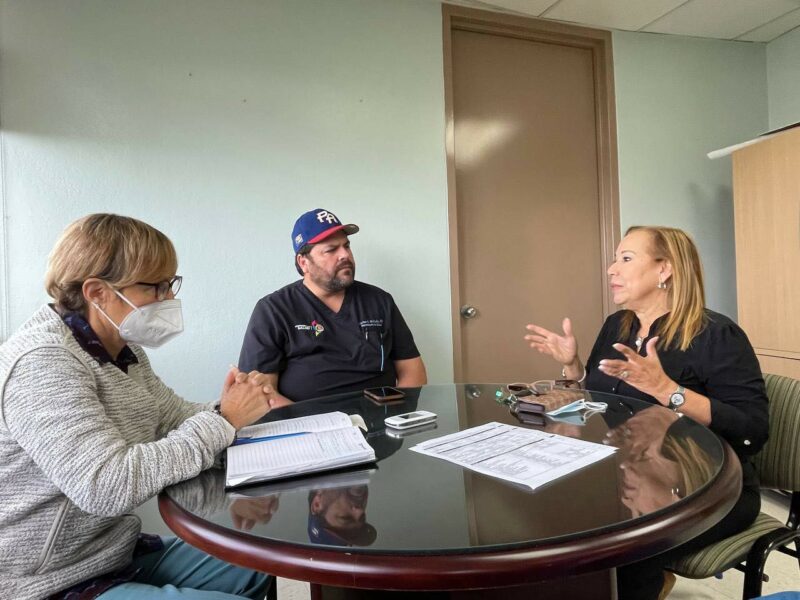
Digital Platform Would Expedite Puerto Rico’s Death Count and Record-keeping, Government Says
September 30, 2022
The tool is not yet working to its total capacity because hospitals have not completed the training. About 50% of the information on deaths is still collected manually.
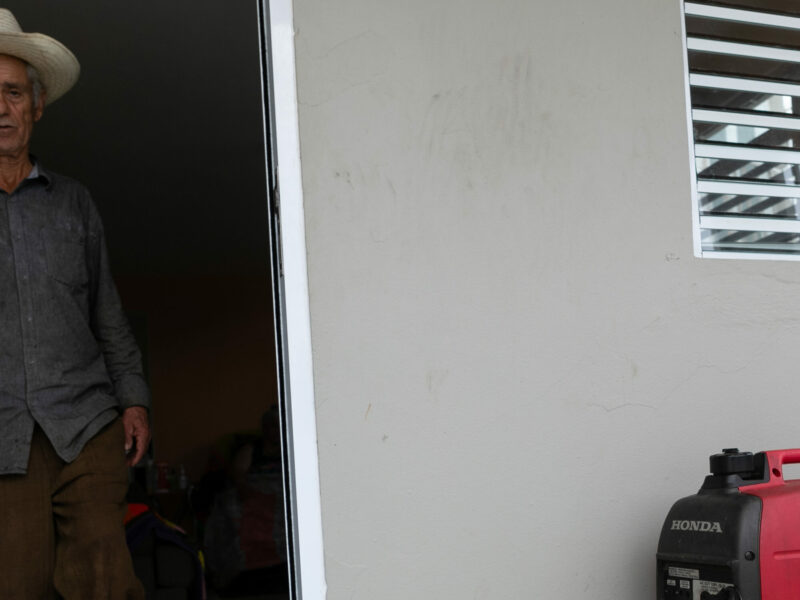
LUMA Doesn’t Follow Its Own Emergency Plan
October 7, 2022
In the Bauta Abajo sector in Orocovis, in the central mountainous region, there are no power lines or poles on the ground. But 12 days after Hurricane Fiona, which produced devastating floods in southwestern Puerto Rico on September 18, the 1,308 people who live in this neighborhood are battling a storm of isolation and lack of electricity.
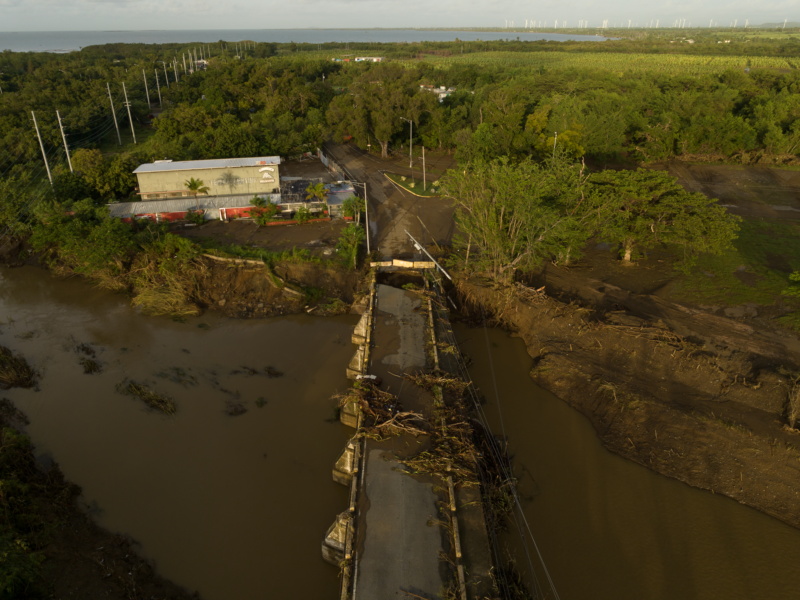
Poor Conditions of Bridges in Puerto Rico Raise Doubts on Ability to Withstand Future Cyclones
October 27, 2022
The Department of Transportation and Public Works informed that 16 bridges suffered damage after Hurricane Fiona struck, but a Center for Investigative Journalism investigation found that this number is wrong and that, from those 16, nine bridges had their strength and stability seriously or severely affected prior to the hurricane that hit Puerto Rico on September 18.
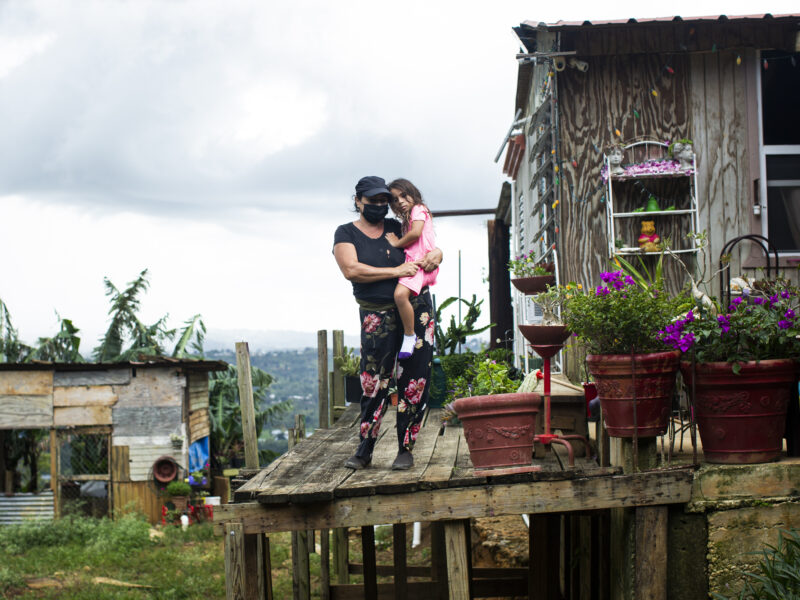
Puerto Rico Was Promised Billions for Safe Water. Taps Are Still Running Dry.
December 8, 2022
An analysis by CPI and The Post found that despite ample federal funding, less than 1 percent of the FEMA and U.S. Department of Housing and Urban Development (HUD) money slated for the island’s public water utility corporation since 2018 has been set aside to buy generators for water pumps. Local officials instead relied on a patchwork supply of emergency units but failed to get many in place ahead of the storm and supply them with enough diesel.
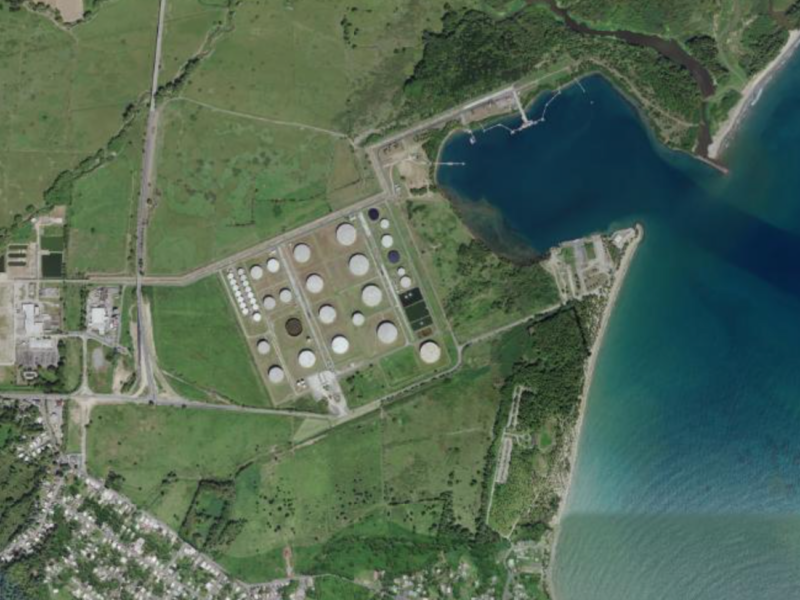
Puerto Rico, the Island Most Vulnerable to Disasters, Lacks an Energy Assurance Plan
December 13, 2022
Antes del huracán Fiona, el Gobierno no se aseguró de que los suplidores de diésel estuvieran listos para suministrar el combustible.
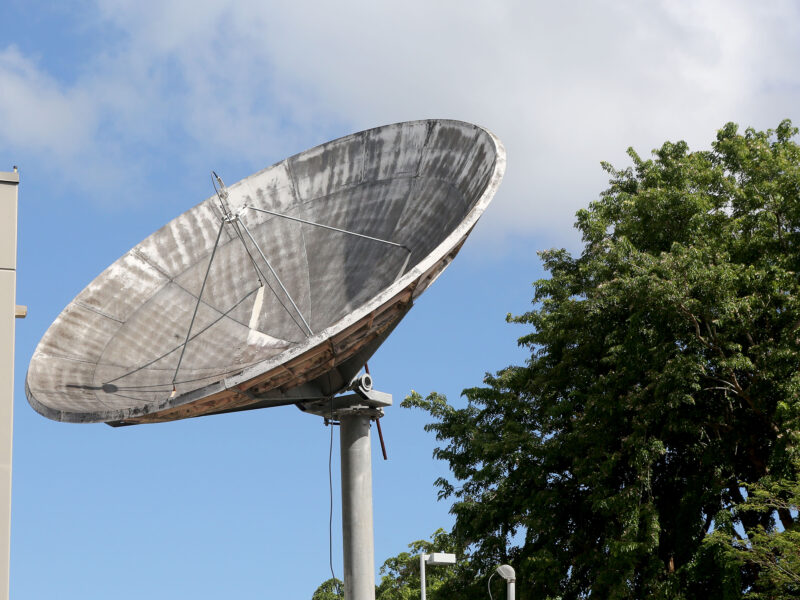
Post-Maria Law, Aimed At Providing Diesel to Radio Stations in an Emergency, Is Useless
December 13, 2022
In the midst of the collapse of the island’s electrical system after Hurricane Fiona, the Bureau for Emergency and Disaster Management failed to comply with the Essential Communicators Act, which compels that agency to facilitate access to fuel for broadcasters, who found it hard to fill their backup electric generators with diesel.
Autores en la serie
¡APOYA AL CENTRO DE PERIODISMO INVESTIGATIVO!
Necesitamos tu apoyo para seguir haciendo y ampliando nuestro trabajo.


